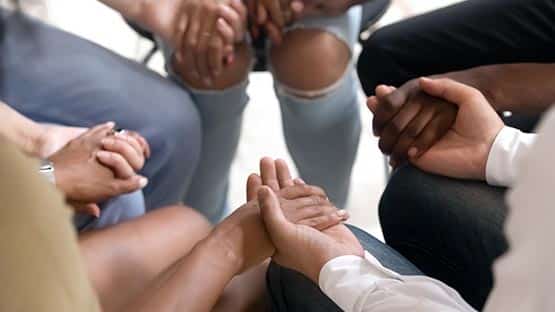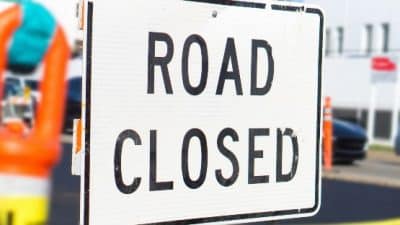
The options for treating the mental health of teens and adults in the Shenandoah Valley isn’t meeting the needs of residents, much like other rural areas in the state and nationwide, and a lack of funding is one of the biggest challenges facing those looking to improve care.
Currently, the region and state does not have the capacity and resources to treat everyone in a suicidal or behavioral health crisis. Unfortunately, the outcome is that people who need help are sometimes sent home or left in the emergency room for days or weeks while they wait for a bed to open up somewhere to get them the medical attention they need.
Children, teens and adults are sometimes sent home too soon where there could be devastating consequences without proper treatment and a plan for ongoing care.
Virginia Gov. Glenn Youngkin has made mobile crisis units, crisis receiving centers and crisis stabilization units a major part of his platform to address the behavioral health issues facing people throughout the state, and he has asked the General Assembly to prioritize efforts to improve the mental health outcomes of Virginians.
In the fall, Valley Community Services Board Executive Director Kimberly K. McClanahan told AFP that money was the primary setback for building a crisis receiving center and stabilization unit near Augusta Health in Fishersville.
The price tag, she said, would be approximately $25 million.
The proposed building would house two different programs: the first, the receiving center, which would operate as a 24-hour observation unit where someone may check themselves in on a voluntary basis or a temporary detention order. When someone arrives at the center, they would be greeted by a peer support specialist, someone who has lived experience. They would also receive a medical evaluation.
For those who aren’t ready to be sent home after observation, they would move to the stabilization unit, which is generally a five- to seven-day stay, but it can be longer. They will continue to get peer support as well as individual or family therapy, and their medication may be managed to get them stable and ready to go home.
Like other community-service boards in the state, VCSB submitted an application for building the center to the Department of Behavioral Health last summer. It has also requested $2.5 million through Congressionally Directed Spending.
McClanahan is hopeful that the Department of Behavioral Health and CDS funds will pay a significant amount of the cost to fill the gap in the area. Some funding has also been secured through the American Rescue Plan Act and through VCSB and commitments from its board.
In the meantime, the project remains in “the early stages” while VCSB works to secure land near the hospital. It has been a struggle, but it does have a couple of options.
Despite the challenges, McClanahan said there is support from legislators, law enforcement and city and county executives.
There is “lots of intention, lots of hope and lots of momentum,” she said.
Once a location is found and funding is secured, it will take approximately two years for the center to be operational, McClanahan said.
“We are trying to get this crisis continuum built out so that we are able to do for our citizens what they need,” McClanahan said. “I wish I could wiggle my nose like Samantha from Bewitched, and it would all happen.”
Related stories
VCSB working to respond to those in crisis; ease burden on hospitals, first responders
Region’s suicide rates almost double state, national average; treatment options in the works
Gov. Glenn Youngkin announces strategy to improve youth mental health in Virginia
Virginians believe behavioral health should be ‘high priority’ for General Assembly
Governor’s plan: $230 million for behavioral health, funding for 30 mobile crisis teams










